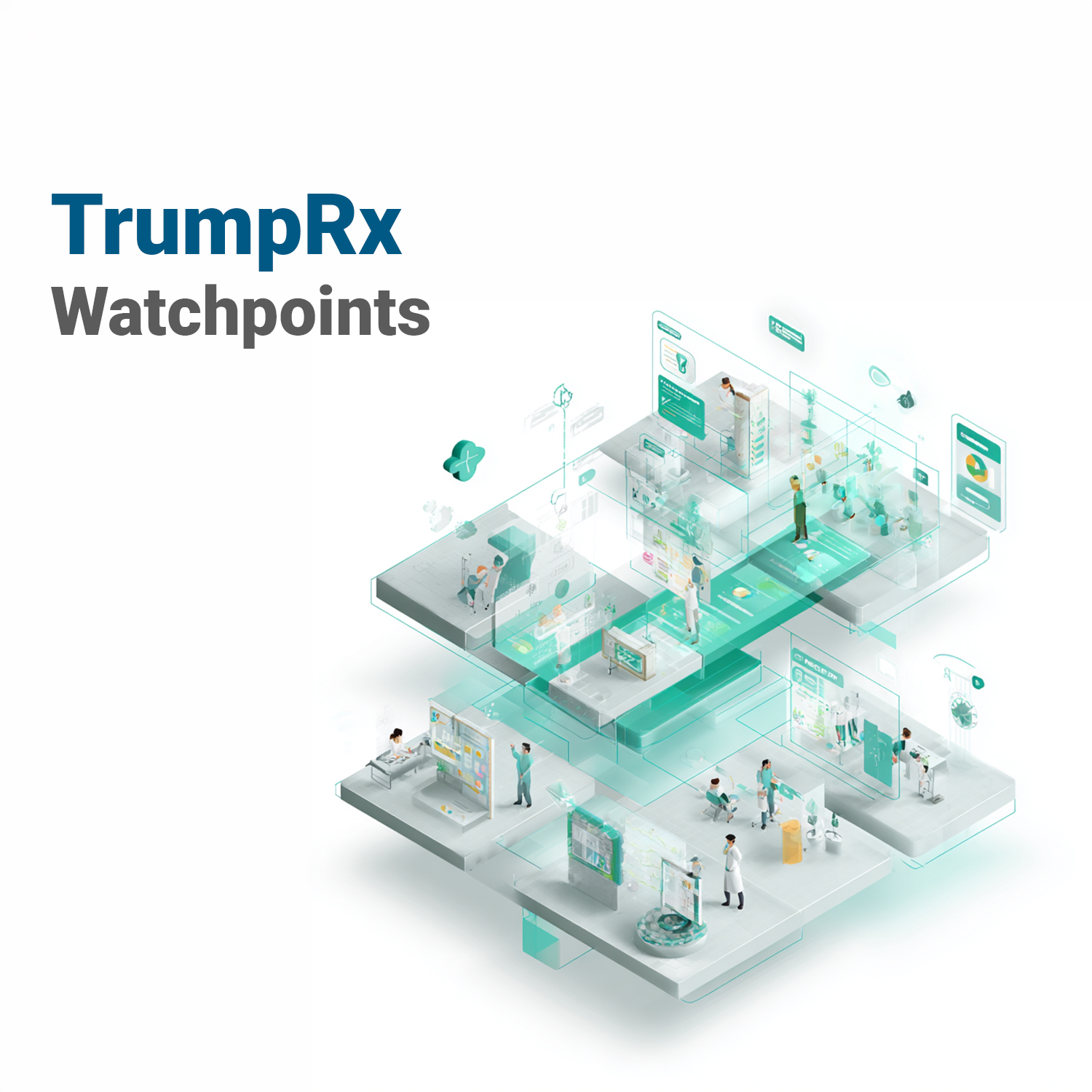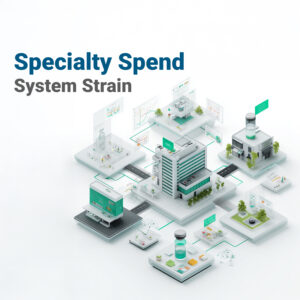On August 1, 2025, the Centers for Medicare & Medicaid Services (CMS) announced the application process for the 340B Rebate Model Pilot Program, a move that may redefine how providers access cost relief under the 340B program. Instead of traditional point-of-sale discounts, this pilot will allow for rebates after purchase for covered outpatient drugs reimbursed under Medicaid.
While CMS positions this as a more transparent and efficient mechanism, it introduces new operational and financial pressures, especially for safety-net hospitals already navigating narrow margins.
What’s Changing Under the New Pilot?
Historically, 340B covered entities received drug discounts directly at the point of sale, reducing acquisition costs upfront. The pilot flips this process. Now, providers pay the Wholesale Acquisition Cost (WAC) up front and submit claims data post-transaction to receive rebates from manufacturers.
In effect, the 340B discount becomes a rebate, not a pricing reduction.
This shift brings the 340B program closer in structure to commercial and managed Medicaid rebate programs, where compliance hinges on timely, clean, and accurate claims data. And while the pilot is optional for now, it sets a precedent.
Strategic Rebate Management Takes Center Stage
From VativoRx’s perspective, this evolution reinforces a message we’ve long championed: rebates aren’t just financial recovery, they’re a compliance-driven, data-intensive process that requires strategic execution.
This is where Strategic Rebate Management matters:
- Claims must be free of duplicate discounts (e.g., no overlap with Medicaid FFS or managed care rebates)
- Timely submission is essential — pilot claims must be submitted within 12 months of the date of service
- Audit trails will be expected, adding a compliance burden on participating hospitals
Providers will need partners that understand how to manage rebate submission lifecycles, including medical, pharmacy, and now 340B rebate claims, in a way that’s manufacturer-aligned, audit-ready, and value-maximizing.
Why It Matters for 340B Hospitals
For hospitals taking on more financial risk, including contract pharmacies, covered entities in Medicaid expansion states, and those serving vulnerable populations, this model introduces new reimbursement friction.
Rebates may offer delayed cash flow compared to upfront discounts, but also the potential for cleaner manufacturer accountability, transparency, and audit integrity. Still, not all providers are operationally equipped for this shift.
As the pilot progresses, we’ll be watching:
- Uptake rates from eligible hospitals
- Manufacturer response to the new rebate model
- State-level Medicaid coordination and implications
Final Thoughts
The 340B Rebate Model Pilot represents a pivotal moment in drug pricing, and another reason why Strategic Rebate Management is no longer optional. It’s essential.
If your organization is navigating rebate eligibility, compliance concerns, or looking to optimize medical and pharmacy rebate opportunities, VativoRx can help.






